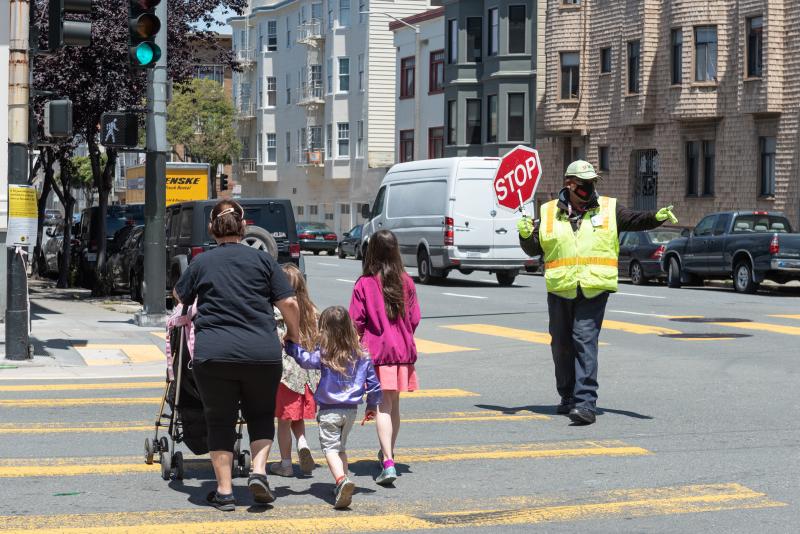
On Tuesday, June 17, the San Francisco Department of Election posted the final results of the June 7 election. Proposition A, the Muni Reliability and Street Safety Bond, received 65.11%, well over 50%, but short of the 66.67% share of the vote that’s required for passage.
If passed, the bond measure would have provided $400 million for transportation infrastructure projects, including:
- $250 million on the repair and renovation of SFMTA bus yards, facilities, and equipment
- $26 million on traffic improvements, such as new traffic signals, wider sidewalks at bus stops and dedicated traffic lanes
- $10 million on improvements to the Muni train system, including the train communication and control systems
- $42 million on traffic signal and street crossing improvements, such as more visible traffic and pedestrian signals, curb ramps and signs
- $42 million on street redesigns that include wider sidewalks, raised crosswalks, protected bike lanes, bus lanes, boarding islands and better lighting
- $30 million on projects to manage traffic speeds, including lowered speed limits and speed radar signs
Although an overwhelming majority of voters supported investing in our transportation system, getting to the two-thirds threshold for a bond measure is never easy—more so when San Francisco is still recovering from the COVID-19 pandemic and people are struggling with the impacts of inflation.
The loss of Proposition A will have a cascading impact on San Francisco’s transportation projects. In the coming weeks, we’ll be evaluating the impacts of this result to transit and safety projects across the city. We don’t yet know which specific projects will be impacted, but we do know that every step toward getting the city’s transportation capital projects done is going to be harder than it would have been if the bond measure had passed.
The SFMTA is going to do everything possible to find alternative sources for these funds. We know that improving Muni and making streets safer remain priorities for our community—and we’re committed to working to make that a reality.
The loss of Proposition A is going to make our path to transitioning to a 100% zero emission fleet more difficult, because a large amount of funding was going to go toward upgrading Muni facilities so we can charge battery-electric buses in them. It’s also going to make it harder to fund the street improvements on San Francisco’s high-injury network that are crucial to preventing traffic deaths and serious injuries.
These challenges don’t just impact people who ride Muni, walk or bike to get around. They impact drivers. When more people take transit, bike and walk, it reduces congestion for people who need to travel by car.
As we plan our next steps, we’ll be looking at what we can learn from the election results and how we can apply those lessons moving forward. We need to have more conversations and engagement with community members and community-based organizations—especially those on the west side of the city, where support for the bond measure was lowest—to ensure that we fully understand their transportation needs. We also need to continue building trust with San Franciscans so we can work together to create a robust transportation network that equitably connects everyone to where they need to go, regardless of their income or neighborhood.